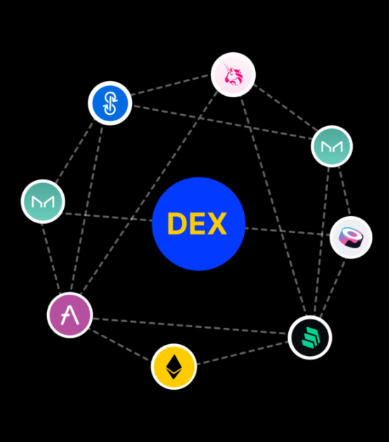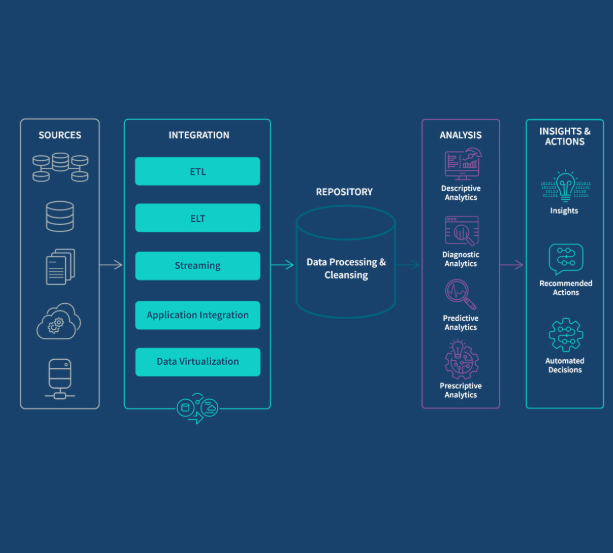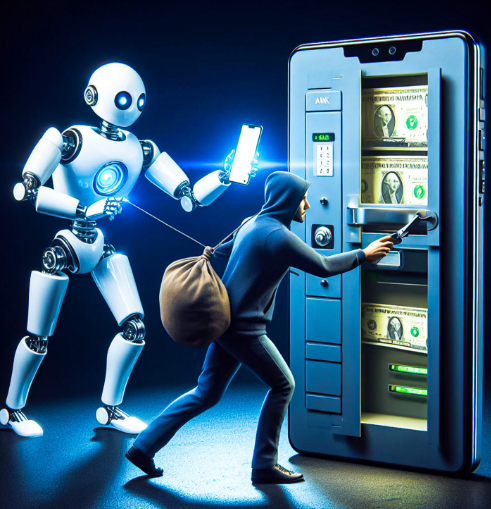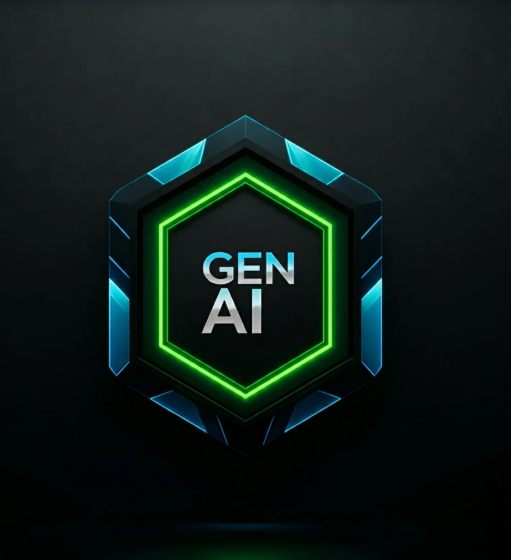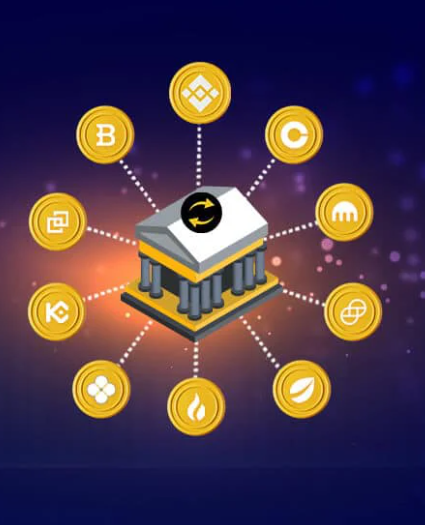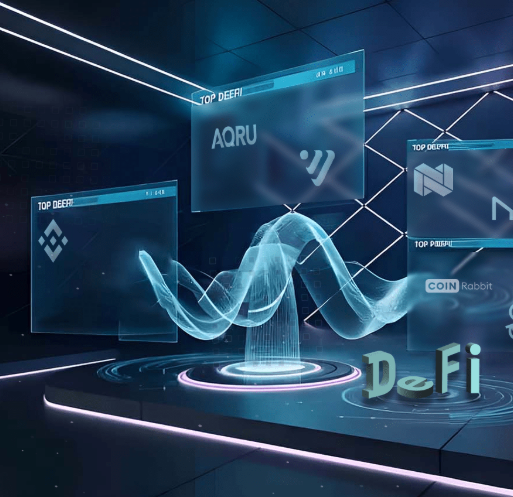
The music business has long been plagued by opaque royalty systems, unfair compensation models, and layers of middlemen taking hefty cuts. But blockchain technology is finally bringing transparency and fairness to an industry that desperately needs it.
The Broken System Blockchain Can Fix
Today’s music landscape suffers from several structural problems:
- Royalty black boxes where artists can’t track their earnings
- Months-long payment delays from streaming platforms
- Bureaucratic rights management that favors corporations over creators
- Piracy and unauthorized use with no real enforcement mechanisms
These issues persist because the industry still operates on decades-old infrastructure designed for physical sales, not the digital age.
Blockchain’s Promise for Musicians
At its core, blockchain provides three revolutionary benefits for music:
- Immutable ownership records – Every song becomes a tamper-proof digital asset
- Smart contracts – Automated payments triggered by usage with no intermediaries
- Decentralized distribution – Artists can connect directly with fans worldwide
This technology stack solves fundamental pain points that have frustrated musicians for generations.
Real-World Applications Changing the Game
Several pioneering projects are already demonstrating blockchain’s potential:
- Royalty Tracking
Platforms like Soundeon use blockchain to provide real-time royalty accounting, showing exactly when and where songs generate income. - Micropayments
Instead of fractions of a cent per stream, blockchain enables direct fan payments through cryptocurrencies and tokens. - Fan Engagement
Artists like RAC have released tokenized albums where fans receive special perks and voting rights. - Sampling & Licensing
Smart contracts automatically clear samples and sync licenses while ensuring all contributors get paid fairly. - Concert Ticketing
Blockchain tickets eliminate scalping and provide artists with secondary market royalties.
Overcoming Adoption Challenges
While promising, blockchain in music still faces hurdles:
- Industry resistance from entities benefiting from the status quo
- Technical complexity that requires user-friendly interfaces
- Legal uncertainty around crypto regulations
- Environmental concerns about energy-intensive blockchains
Solutions like layer 2 networks and proof-of-stake systems are helping address these issues.
The Path Forward
For artists considering blockchain:
- Start with small experiments like tokenized merch or NFT singles
- Focus on fan education about the benefits of direct support
- Partner with ethically-aligned platforms that put creators first
- Advocate for industry standards that benefit all stakeholders
The transition won’t happen overnight, but the foundations for a fairer music economy are being built today. Artists who embrace these tools early will be best positioned for the industry’s decentralized future.











